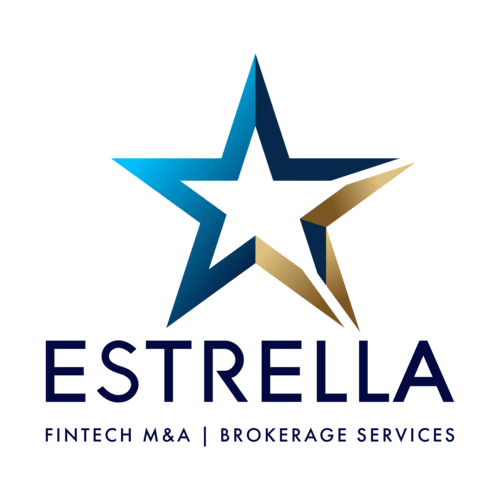
At last week’s Global RegTech Summit in London, a panel featuring top voices from Lloyds Banking Group, Behavox, TD Securities, and The RegTech Association explored the evolving landscape of data compliance and governance in financial services. The discussion, titled “Data Compliance Decoded: Handling, Governance, and Technology Insight,” underscored the critical role of data management in maintaining trust and navigating increasingly stringent regulatory environments.
Panelists noted that regulatory frameworks like GDPR have significantly influenced global practices around data protection. They stressed that while data governance has traditionally been treated as a separate function, accountability now extends to everyone in an organisation. This shift calls for cultural change: every team member must see themselves as a data steward, actively ensuring the responsible handling of data.
Challenges remain, however. One recurring issue is data silos across geographically dispersed teams and legacy systems that do not communicate effectively. To combat these challenges, the panel recommended consolidating data into a single global repository, supported by technology partners that can streamline and integrate diverse solutions.
The conversation also highlighted the necessity of thinking holistically about risk. Panelists shared examples of how data mismanagement during mergers and acquisitions, for example, can have serious repercussions. They cautioned against viewing data risks through a single lens, arguing that organisations must consider the broader impact of their data decisions.
Additionally, the panel drew attention to the disparities between the fraud and financial crime sectors. While fraud detection has evolved with the use of behavioural and biometric data, financial crime prevention still lags behind, relying largely on transactional data.
To address these issues, the panel advised adopting a comprehensive approach: fostering a culture of shared accountability, creating user-friendly processes, and working with the right technology partners to simplify and unify data governance efforts.

